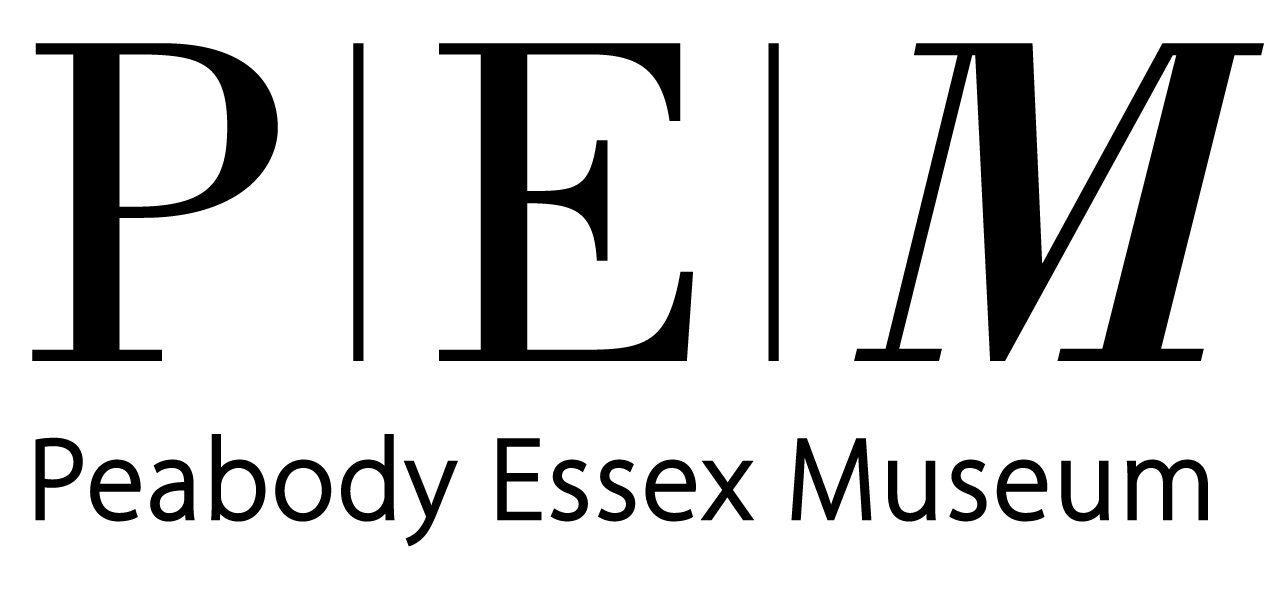


MichaelCollins' film GIVE UP TOMORROW was shown at SFF 2012 and this year he returns to Salem Film Fest with ALMOST SUNRISE. SFF program director Jeff Schmidt caught up with the Michael to talk about his work as a documentary filmmaker.
JS: How did you first get into filmmaking?
I stumbled into filmmaking sort of by accident. I have always loved documentaries and believed in their power to galvanize change, and in 2004 I heard about a story of injustice that I knew had to be told. It was of a young man in the Philippines, Paco Larrañaga, who was on death row for a crime he clearly did not commit.I tried to encourage the few filmmakers I knew to tell the story but soon realized I would be doing it myself. My friend Marty and I quit our jobs, bought a camera and set off for the Philippines. I still remember reading the instruction on the flight. That film was GIVE UP TOMORROW and we spent about 7 years with it and the FREE PACO NOW impact campaign.
JS: GIVE UP TOMORROW won the editing award at Salem Film Fest 2012, can you update us on Paco's situation and your experiences in making the film?
Paco’s father is Spanish, so Spain and the Philippines signed a prisoner exchange treaty to get him out of there. He now lives in San Sebastian Spain where he is safe and enjoying a much fuller life. He is still technically a prisoner because under the treaty he has to complete his sentence in Spain - this is frustrating because the Spanish government knows he is innocent. But within their system he’s been able to complete cooking school and has now begun working as a chef. We continue to fight for his complete exoneration.
JS: This year, we'll be showing your new film ALMOST SUNRISE, what compelled you to want to tell this story?
Back in 2012, I was volunteering for a veteran’s organization creating a video. One particular day, my interview subject casually mentioned, “Twenty-two veterans kill themselves every day.” It stopped me in my tracks. I thought I had misheard. I didn’t. That was a pivotal moment for me in the journey to make this film. I realized that there was a crisis in this country, taking place right in front of our eyes, one to which many of us, including myself, were blind. In that moment I knew my next film had to be about the veteran and military family experience. I wanted audience to have the opportunity that I was having, to hear their stories, walk in their shoes, and feel that connection and sense of responsibility to tackle these issues they are facing, together.
JS: How did you approach Tom Voss and Anthony Anderson, the veterans featured in the film?
I came across a video online where Tom and Anthony were trying to raise some funds to support their walk across the country. I recognized Anthony as one of the veterans I had interviewed months before and immediately reached out.
I could see that they were using this journey to not only call attention to the issues veterans were facing, but to heal themselves. It seemed like the perfect vehicle for a documentary and we agreed our goals were very much in-line. They saw the potential to reach a wider audience with their message, and I saw the opportunity to follow a very personal, character-driven story that could, if they achieved their goal to heal, be used as a tool to inspire so many.
JS: As a documentary filmmaker, what motivates and inspires you?
There is so much about this process that motivates me from the production to the impact distribution campaign. I am endlessly inspired by those who are brave enough to share their stories in the hopes of helping others. I get to see just how extraordinary real people are when you take the time to get to know them; how the true heroes in society are not fictionalized characters, but our neighbors.
I meet so many people while shooting the film and at screenings who open themselves up as a way to uplift those around them – witnessing this fills me more gratitude than I can put into words.
JS: As we celebrate 10 years of Salem Film Fest, what do you think is the importance of documentary film in our daily lives and society?
Documentaries connect people. They give us the chance to walk in someone else’s shoes and break down these illusions of “otherness”. As we see that we are all a part of the same human family, we feel close. When we experience the problems of the world as our very own, we take responsibility any way we can.
Along with ALMOST SUNRISE, we have the Moving Mountains Impact Campaign that we’ve launched to help connect veterans and civilians alike. I invite everyone to learn more about it on our website (www.AlmostSunriseMovie.com) and see how we can all work together to truly welcome our troops home.
ALMOST SUNRISE screens on Saturday, March 4 at 8:35pm at PEM

